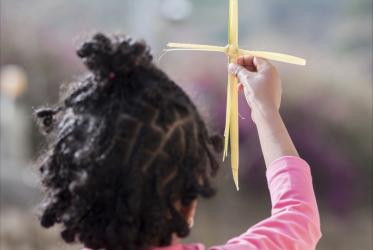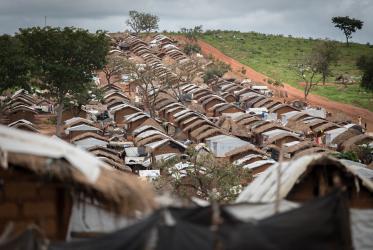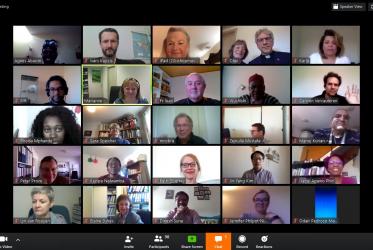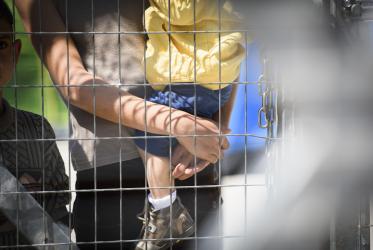Displaying 161 - 180 of 691
Nordic churches: “take our human responsibility”
12 March 2020
Churches should use their voice on climate change
26 February 2020
Archbishop Anastasios receives Klaus Hemmerle 2020 Prize
19 February 2020
Plans for 11th WCC Assembly build excitement across the globe
18 February 2020
WCC welcomes new staff
11 February 2020













